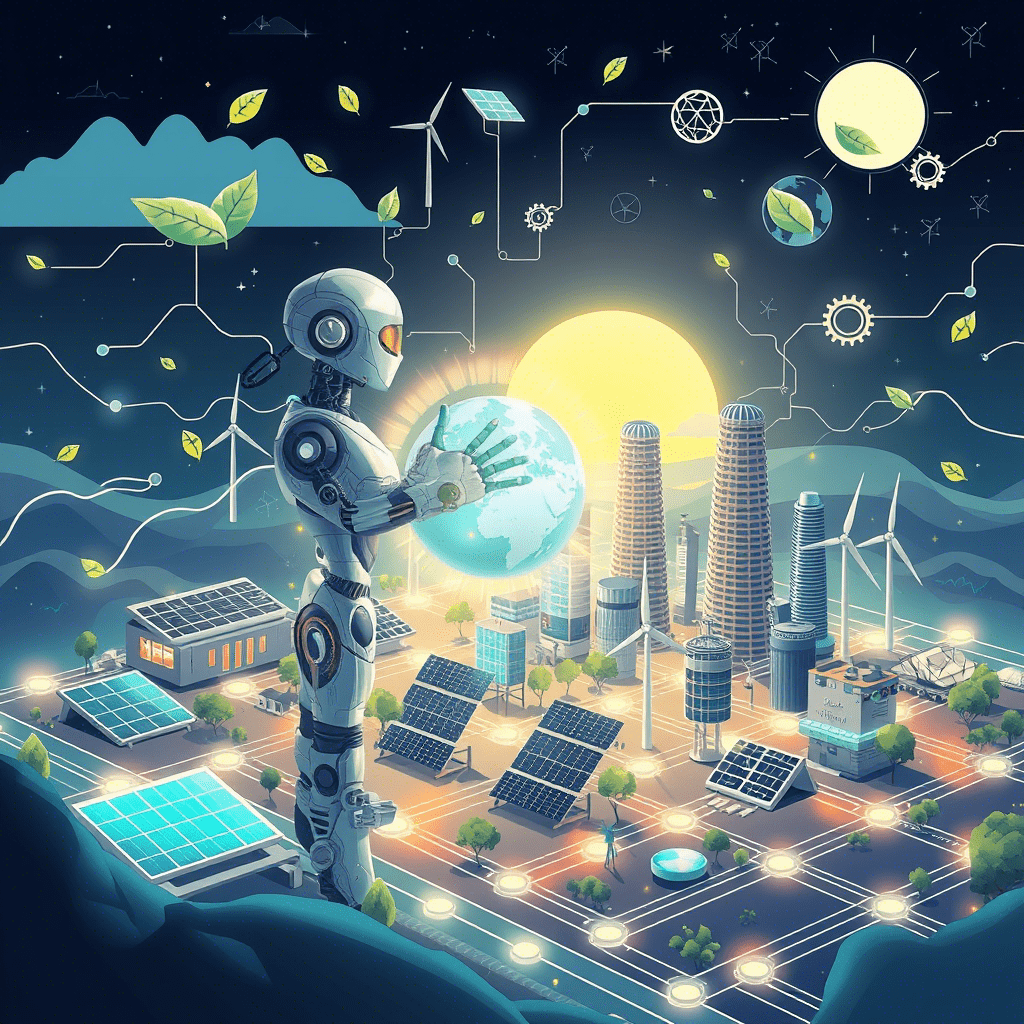Japan unveils the world’s first titanium solar panel, offering unprecedented efficiency but raising important ecological questions around mining, recycling, and resource scarcity.


Japan unveils the world’s first titanium solar panel, offering unprecedented efficiency but raising important ecological questions around mining, recycling, and resource scarcity.

The Vevor wind turbine offers a low-cost, low-maintenance entry into renewable energy, generating up to 500 kWh annually. While not a full replacement for solar, it’s a compelling supplement or alternative for budget-conscious homeowners seeking sustainable solutions.

As AI’s energy appetite grows, the tech industry is turning to a mix of advanced nuclear technologies, smart grid innovations, and next-generation renewables to meet demand. From molten salt reactors and microreactors to AI-driven load balancing and long-duration energy storage, companies are exploring a diverse portfolio of solutions. Emerging technologies like green hydrogen and fusion, along with streamlined energy policies and private grid development, are shaping a future where clean, reliable power can keep pace with AI’s exponential growth.

Artificial Intelligence is shaking up the green energy world — and not just because it uses a lot of power. In 2025, AI is proving to be a powerful tool in optimizing renewable energy, accelerating clean tech innovation, and even helping build a circular economy. But can something so energy-hungry actually help save the planet? Andrea dives into the pros, cons, and surprising opportunities of AI’s role in the sustainability revolution.

“When I see €109 billion going into AI while the National Forest Office—which manages 10% of French territory—only receives €1 billion per year as forests are dying, I can’t help but feel we’re not prioritizing correctly… We’re rushing headlong into something simply because we can do it—while ignoring far more critical challenges.”

Recent studies highlight the unexpected benefits of agrivoltaism—the practice of integrating sheep grazing with solar farms. Research conducted in Australia and France reveals improvements in livestock health, wool quality, and biodiversity under solar panels. By providing shade, reducing parasite loads, and enhancing vegetation quality, agrivoltaic systems offer a sustainable, climate-resilient agricultural model for the future.